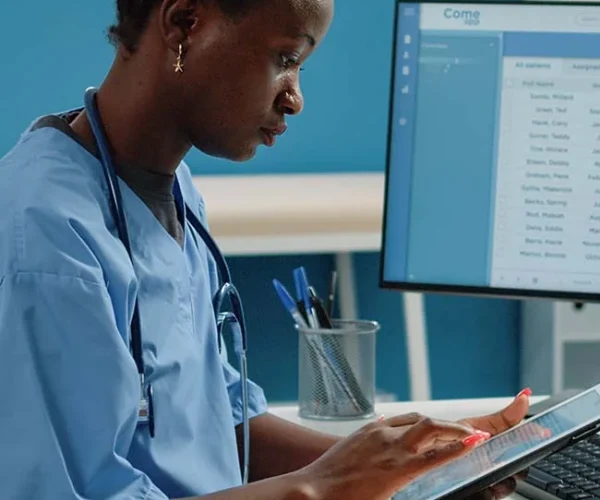Sage X3 ERP for Healthcare Industry


Numerous African nations require improved healthcare infrastructure, especially in rural and remote regions. The lack of healthcare facilities, such as hospitals and clinics, and a shortage of trained medical professionals restricts access to quality healthcare services.
Africa faces a high burden of infectious diseases like HIV/AIDS, malaria, tuberculosis, and neglected tropical diseases. These diseases increase morbidity and mortality rates, placing a heavy duty on the healthcare system. Treating and preventing these diseases requires substantial resources and infrastructure.
Inadequate health information systems hinder effective healthcare delivery and planning. Reliable data is vital for monitoring disease outbreaks, identifying health trends, and making informed policy decisions. Without comprehensive plans, it is challenging to address public health concerns.
The healthcare infrastructure in Africa poses challenges due to inefficient supply chain systems. African medical facilities struggle to store and preserve medications, provide consistent services, and access essential healthcare supplies.
Africa is facing a significant shortage of healthcare professionals, which puts immense pressure on the current providers and affects the quality of care available. The brain drain worsens the issue, as many trained medical staff seek better opportunities overseas. This lack of skilled healthcare workers compromises the quality of care and adds to the burden on those already working in the system.
Healthcare in Africa is often underfunded and needs more resources due to limited government funding and investment in infrastructure, equipment, and personnel. This can result in a need for more essential resources for effective healthcare services.

© 2024. Greytrix Africa Ltd